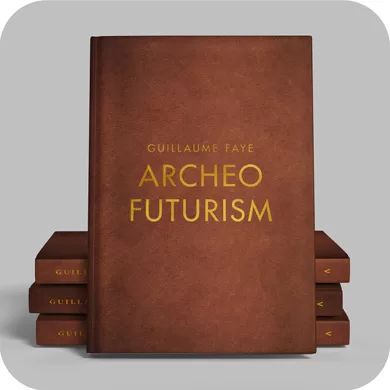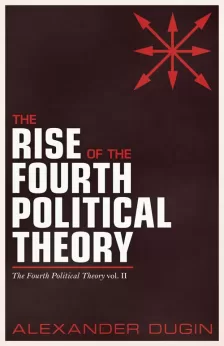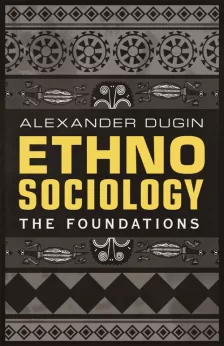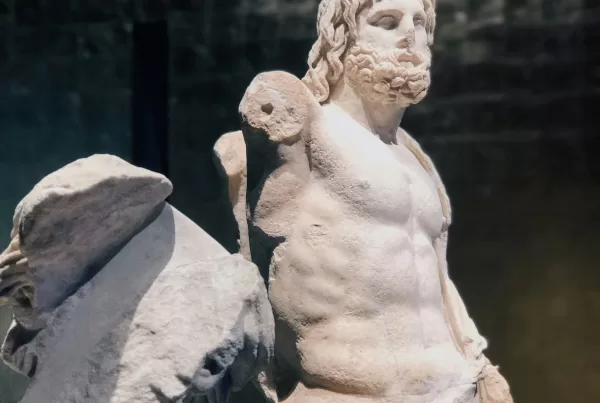During campaign events, he recites the Torah. At events, he lights Jewish menorah candles instead of extinguishing them like Grzegorz Braun. He stands unwaveringly by Israel’s side and calls Vladimir Zelensky his friend. His name is Javier Milei; he is a self-proclaimed ‘anarcho-capitalist’ and intends to convert to Judaism after his presidency.
He faithfully stands by the United States and shows unconditional solidarity with Israel. He advocates a turbo-capitalism that prioritises the exploitation of his countrymen for trade relations with the US. His name is Daniel Noboa Azin, and he is the newly elected president of Ecuador, a country sinking into a drug war.
America’s South as Israel’s New Proxy?
Milei’s Connections: From the WEF to Chabad Lubavitch to George Soros
Another indicator is that he visited the grave of the Lubavitcher Rebbe Menachem Mendel Schneerson in New York immediately after taking office. Followers of the sect attribute special spiritual significance to the gravesite. On this trip, he was accompanied by Eduardo Elsztain, a Jewish businessman with connections to George Soros. Soros is also connected to the Lubavitchers and significantly influences Jewish youth work in Argentina with donations. Elsztain is the chairman of Argentina’s largest real estate firm IRSA, which manages Buenos Aires’ most significant shopping centres. Gerardo Werthein, another Jewish-Argentinian businessman, is rumoured to be considered for the position of Argentine ambassador to Washington. Thus, all three men hold important positions in Milei’s personal network.
Milei’s Faith: Predator Capitalism as the ‘Natural Order of Things’
Daniel Noboa Azin: Washington’s Man in Ecuador
The US wants to continue extracting the state’s resources and keep a hand on its foreign policy, with politicians like Azin receiving a portion of the dividends. The status quo includes not only unconditional support for Israel but also Ecuador’s continued existence as a hub for drugs from Peru and Colombia, which then make their way to the US. The chaos not only favours a brutal rule by cartels, making it one of the most dangerous countries in the world since 2019, with more than 4,200 people murdered there in 2023, but also the continued military presence of the US. Ordinary Ecuadorians, of course, pay the price as they see their country slide further into civil war.
Claudia Sheinbaum: A Jewish Presidential Candidate Can Be Different
The left-wing populist advocates a social agenda and the fight against escalating drug crime in Mexico, having reduced it by more than half in the capital, thereby winning the hearts of Mexicans. In public, she always wears traditional Mexican attire — and does not stand for unconditional solidarity with Israel but for a two-state solution in the Middle East. Sheinbaum’s example thus shows that a different policy is possible for Latin Americans.
Golem or Sovereign? The Fate of Latin America
This is a human-like figure created from clay through magic, often with immense powers, serving its Jewish master as a will-less proxy. The theme was processed, among others, by the Austrian writer Gustav Meyrink in his novel The Golem. Today, more and more politicians from Europe and Latin America are made into such golems through blackmail and dubious promises — Strache from Austria is a tragic example of how such politicians ultimately end. The path of the Polish politician Grzegorz Braun shows us that patriotic politics against Zionism is possible.









